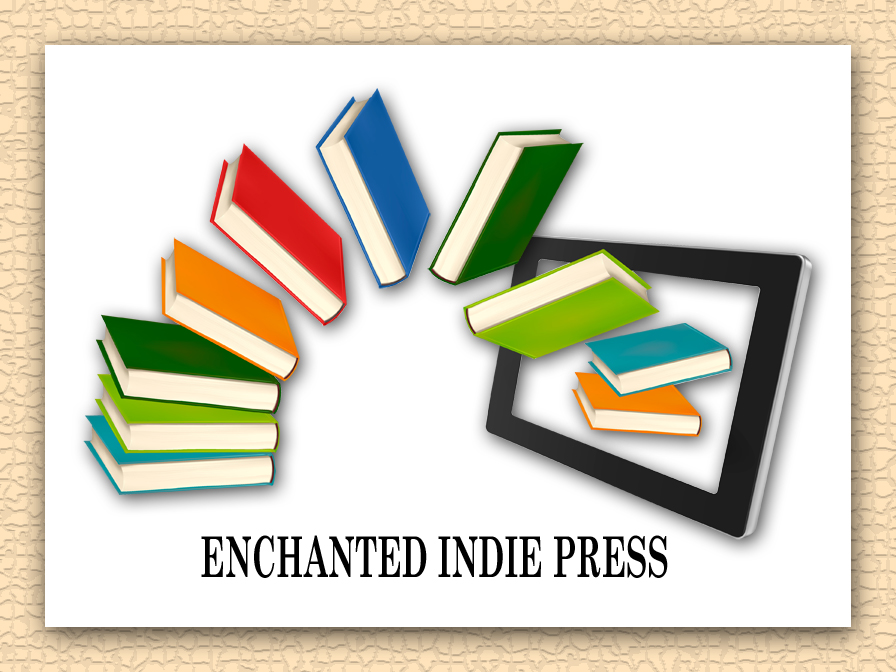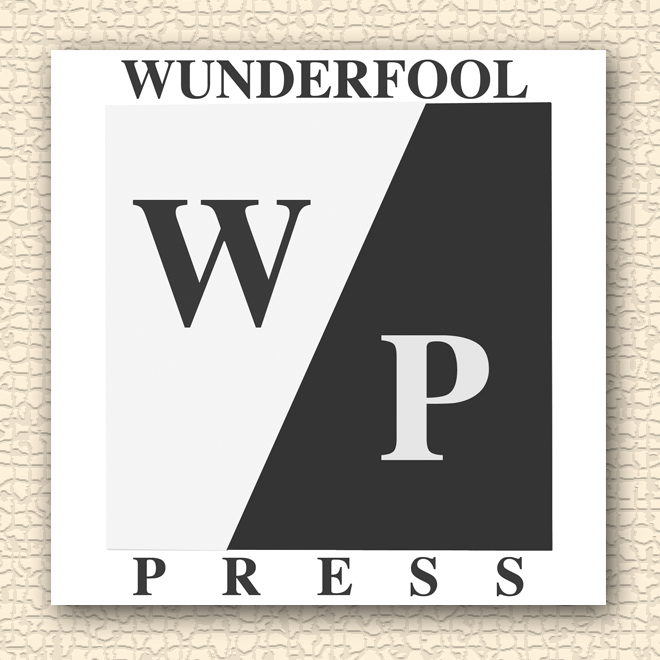If the title of this post is black and/or you see the fighter-pilot header, click on the title to view the featured image header and continue reading.
Among the indie writers I know, it’s generally accepted that having an imprint offers advantages. Defining those advantages, however, is a little more problematic.
The most obvious question is whether an imprint endows a book with any degree of legitimacy. And while that issue can easily rush into the oft-discussed differences between indie and legacy (or traditional) publishing, in spite of this post’s title, my intention is to compare the different approaches of three indie writers.
One of them has formed Enchanted Indie Press, and she is running it like a business, strangely enough, offering a multitude of services and helping clients publish books. What a unique concept.
 Then there’s another writer who appears to take the concept a little less seriously, but I’ll let you be the judge of Wunderfool Press. It doesn’t have a website, per se, but the fool responsible for it lives here.
Then there’s another writer who appears to take the concept a little less seriously, but I’ll let you be the judge of Wunderfool Press. It doesn’t have a website, per se, but the fool responsible for it lives here.
 And then there’s me, or I, neither of which sound right. From the first day of blogging in preparation for publishing Pilot Error, I have combined the two heart-and-soul elements (other than love of family) that define me. So when coming up with an imprint, the following was very likely preordained:
And then there’s me, or I, neither of which sound right. From the first day of blogging in preparation for publishing Pilot Error, I have combined the two heart-and-soul elements (other than love of family) that define me. So when coming up with an imprint, the following was very likely preordained:



